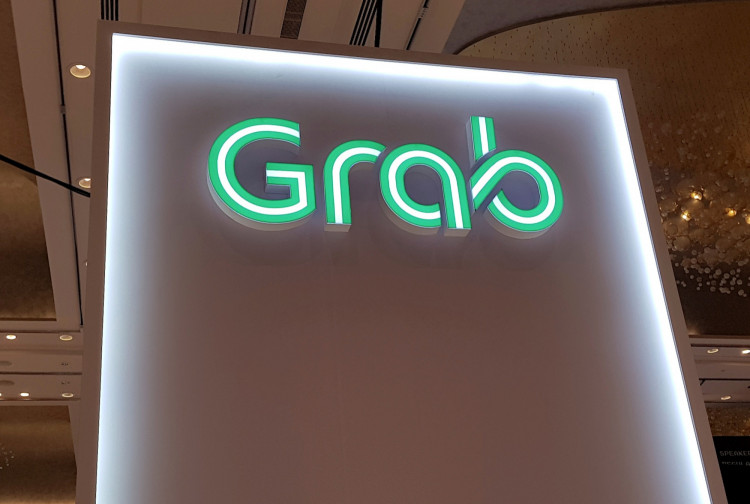Due to falling valuations and slower economic development in 2022, venture capital firms in Southeast Asia would likely be more selective the next year.
Crunchbase reports that venture capital-backed companies raised only $369 billion for the first three quarters of 2022. This is a distant contrast from the $679.4 billion that was invested globally last year, a record-breaking sum that represented a 98% rise from the year before.
"We have observed Southeast Asian VC deployment contract by 25-30% this year, relatively more so in Indonesia and at the Series B+ stage, and less so at the seed and Series A stages," Gavin Teo, general partner at Altara Ventures, said.
According to data from private market data platform PitchBook, venture capital funds raised $151 billion in the first three quarters of this year, eclipsing any past full-year fundraising. This is money they brought on hand to invest.
Amidst rising interest rates and dismal earnings reports, tech stocks fell at the beginning of the year. Startups in Southeast Asia continue to be mostly unprofitable, with companies like Sea Group and Grab recording yearly losses in the billions of dollars.
Since coming public, Southeast Asian tech businesses have seen a significant decline in valuation. Market capitalization for e-commerce behemoth Sea, which is listed on the NYSE, is currently about $30 billion, down from more than $200 billion at the end of last year.
Since becoming public in Jakarta in April, GoTo's 400 trillion rupiah ($28 billion) valuation has decreased by more than 75%, and Grab's initial $40 billion valuation has decreased by 69% since its debut in December 2021.
This more difficult fundraising environment serves as a litmus test for determining the genuine viability of company ideas and industry demand.
"The companies that actually last this winter will prove to be survivors of the down market situation. So in a way, the market is doing a lot of work for us," Jessica Koh, director of investments at Vertex Ventures, told CNBC.
Some industries, such as quick commerce, have already suffered losses. Quick commerce promises to place orders in clients' hands in less than 30 minutes.
Indonesian fast commerce business Bananas stated in October that it was closing its e-grocery activities after failing to make the economics work. It originally became available in January.
HappyFresh, an Indonesia-based e-grocery startup, halted operations in Malaysia after seven years, and Grab discontinued its GrabMart Kilat fast commerce service in Indonesia. Internationally, numerous companies - Gopuff, Gorillas, Jiffy, Getir, Zapp and Buyk - have announced closures, strategy pivots or layoffs.
With the rush of investment now gone, it is becoming evident which companies were not prepared for the hard environment, according to Yinglan Tan, CEO of Singapore-based Insignia Ventures Partners.






